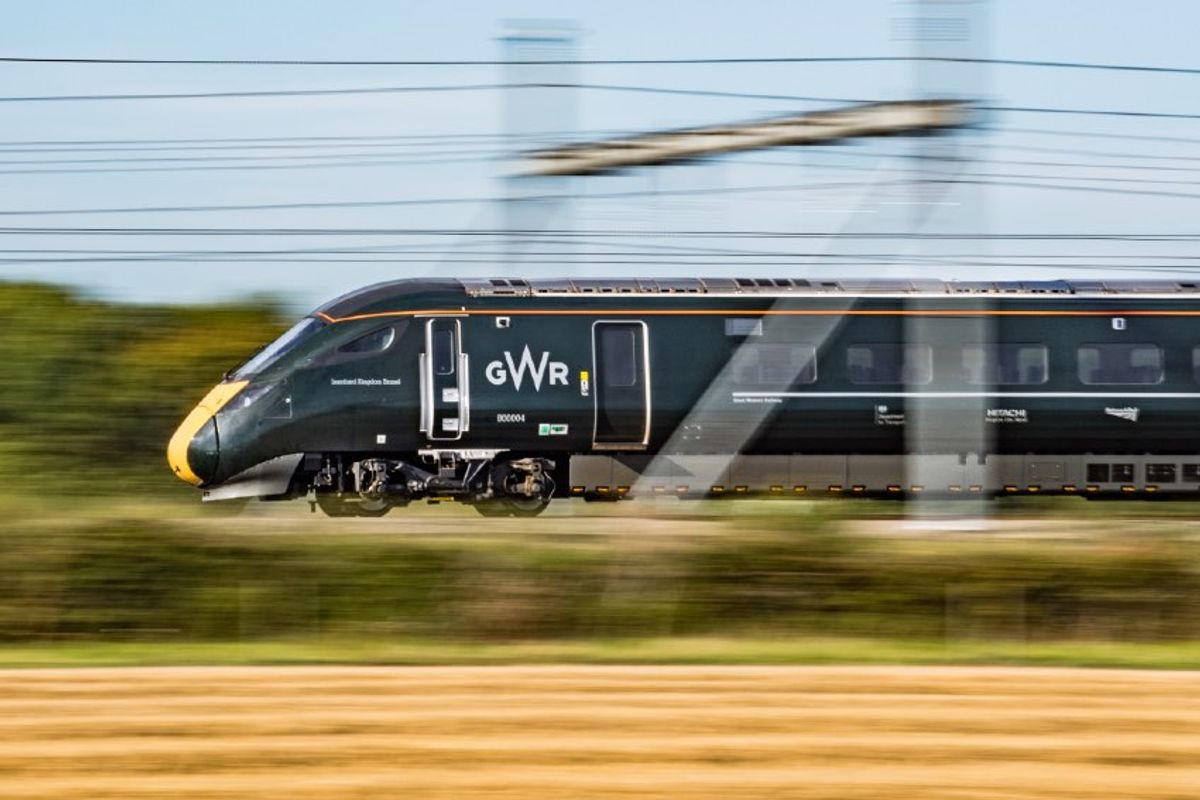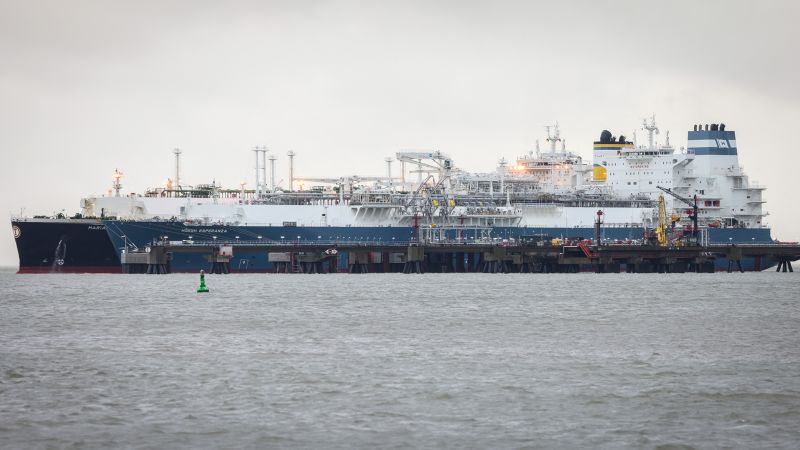Travel
End in sight for UK train strikes as government and union align

An end to strikes on the UK’s railways could be in sight after the ASLEF train drivers union agreed to recommend a new pay proposal to its members.
Industrial action by train drivers has intermittently disrupted the services of more than 15 train operators over two years. The ASLEF union – which represents more than 21,000 members – rejected a previous pay offer in April 2023 when conditions of the deal became a blocker.
The new Labour government says its offer – a five per cent pay rise for 2022/23, 4.75 per cent for 23/24, and 4.5 per cent for 24/25 – marks a “significant step towards resetting industrial relations and resolving the long-running rail dispute”.
Transport secretary, Louise Haigh, said: “When I took this job, I said I wanted to move fast and fix things – starting by bringing an end to rail strikes. Finally today the end is in sight.
“If accepted, this offer would finally bring an end to this long-running dispute and allow us to move forward by driving up performance for passengers with the biggest overhaul to our railways in a generation.”
According to research published by the government today, passenger revenue lost to industrial action since June 2022 amounts to around £850 million.
Mick Whelan, ASLEF’s general secretary, said: “We are pleased that after being treated with utter contempt for the last two years by the privatised train companies, and the previous government that was pulling their strings, we finally have a new government – a Labour government – that listens and wants to make the railway work for staff, for passengers, and for the taxpayer.
“The offer is a good offer – a fair offer – and it is what we have always asked for, a clean offer, without a land grab for our terms and conditions that the companies, and previous government, tried to take in April last year.”










